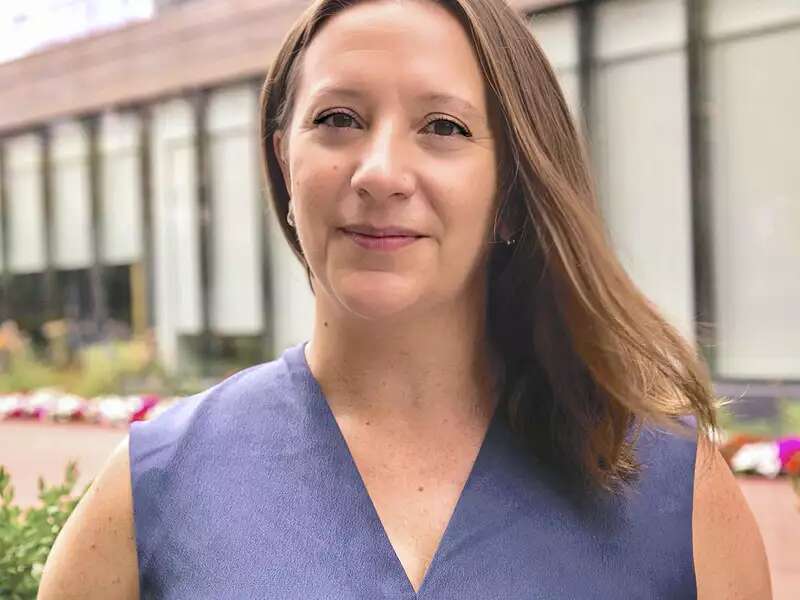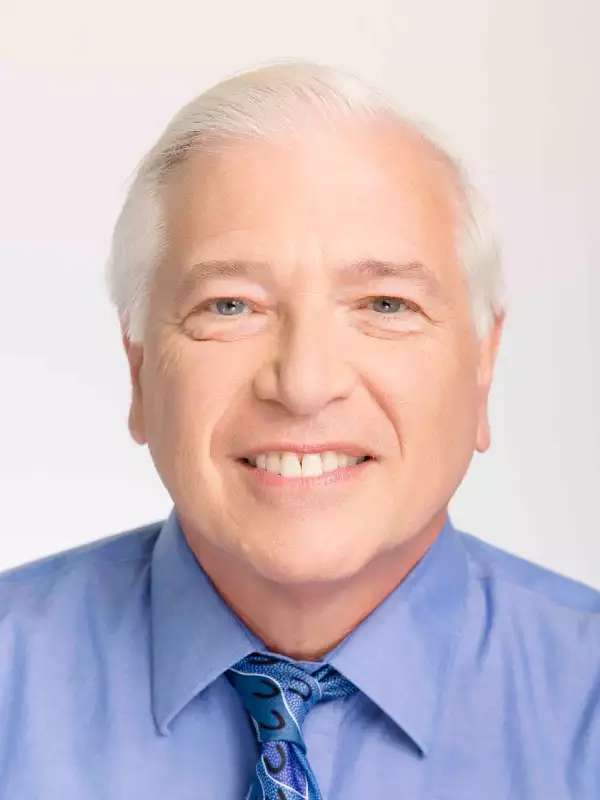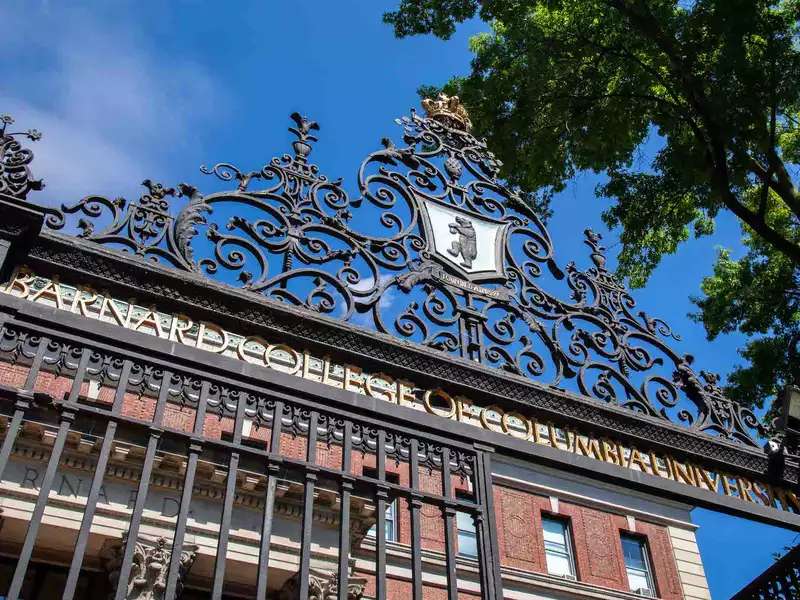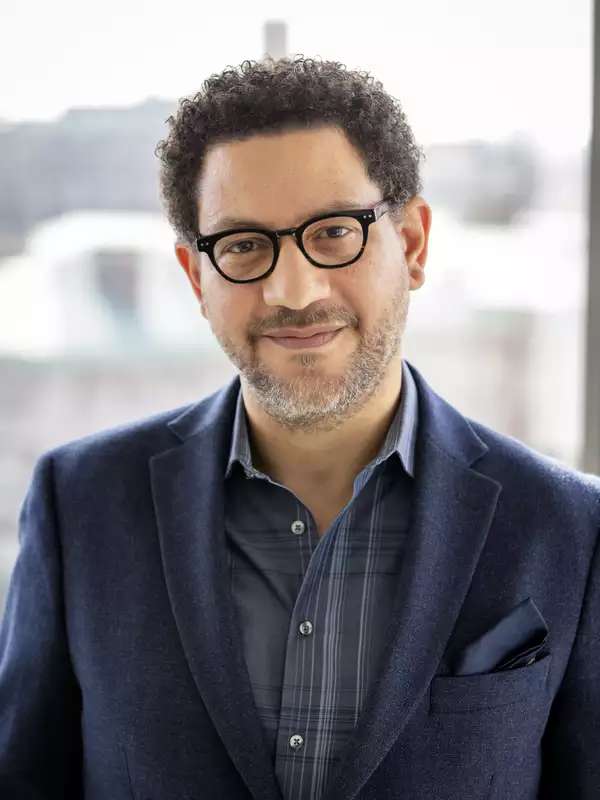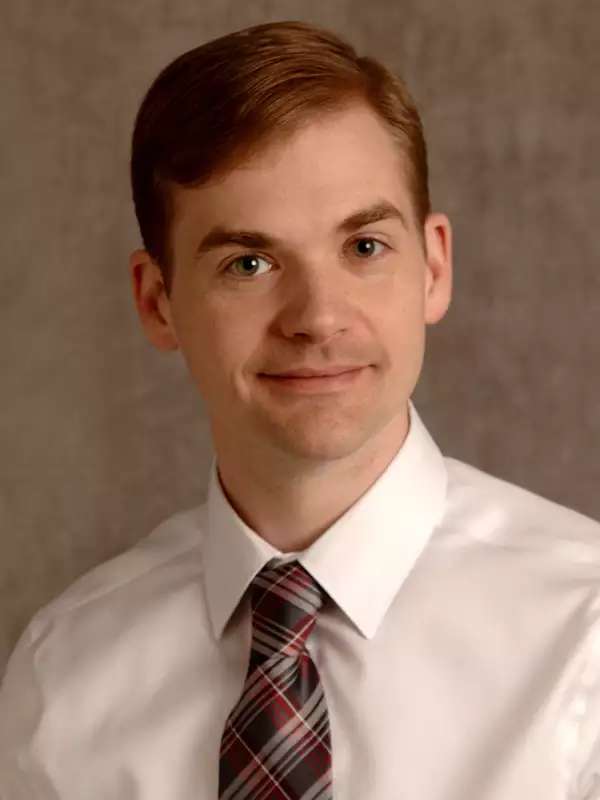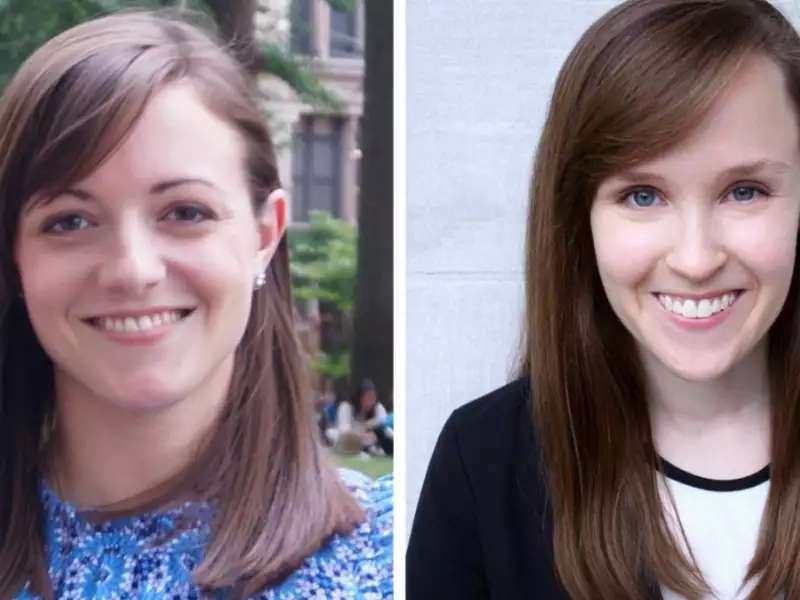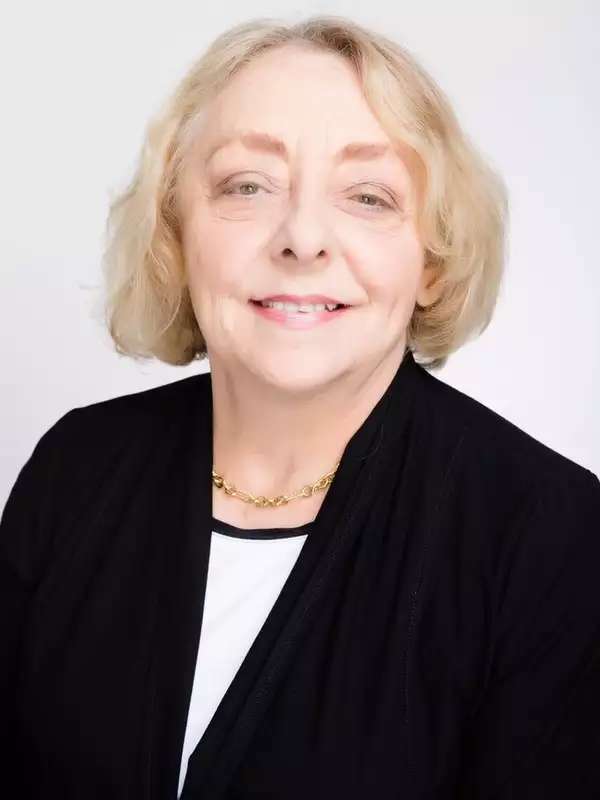Psychology News
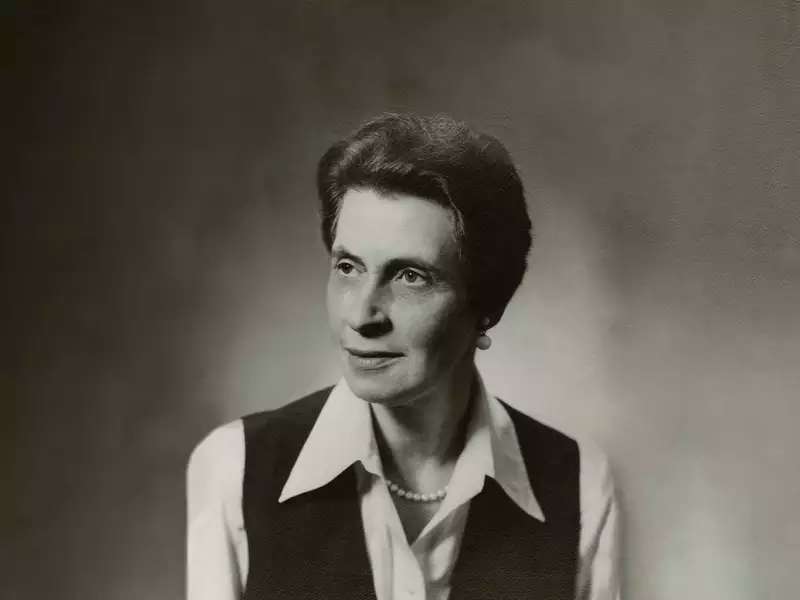
The psychoanalyst and professor created the foundations for community-based mental health services and education in Harlem.
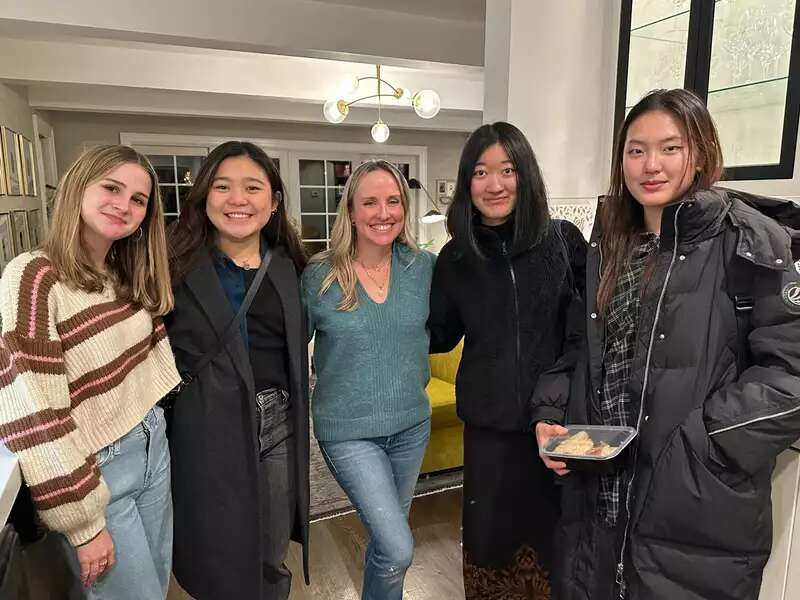
This year, more than 40 students signed up to share the holiday at the homes of Barnard alumnae who opened their doors and their hearts for community building.
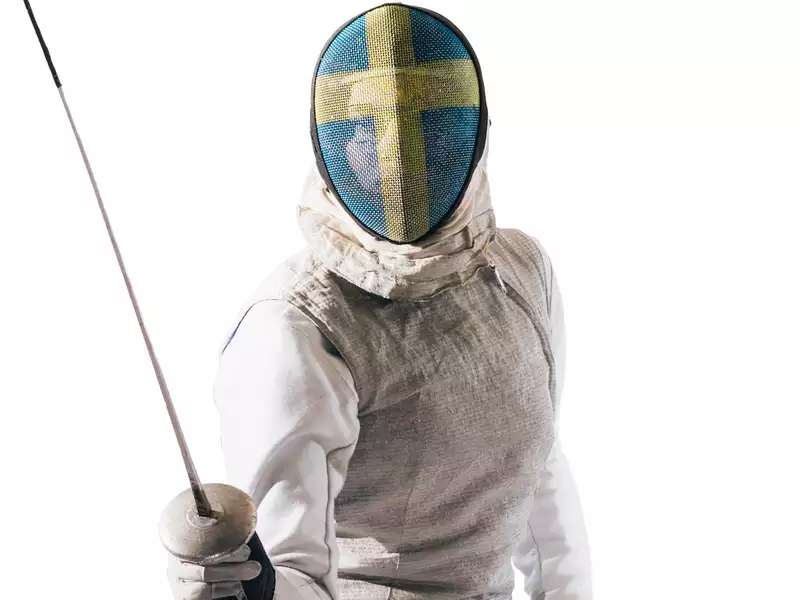
Five competitors from the College’s Class of 2028 share their excitement about joining the community.

From musical linguists to computational biologists, talented educators and researchers join the College community.

Members of the College community will conduct research as recipients of grants from organizations including the U.S. Fulbright Scholar Program and the National Science Foundation.
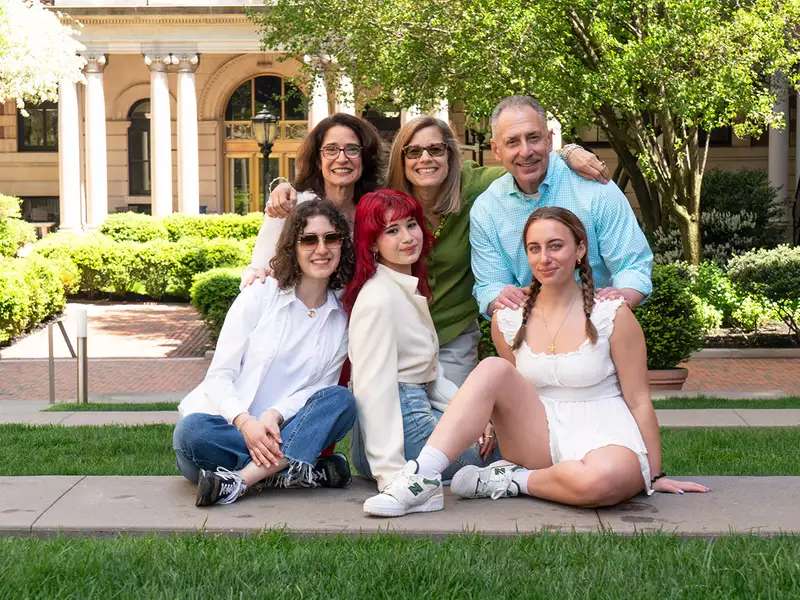
Three sets of staff members and graduating students speak candidly about their family bonds and time together on campus.
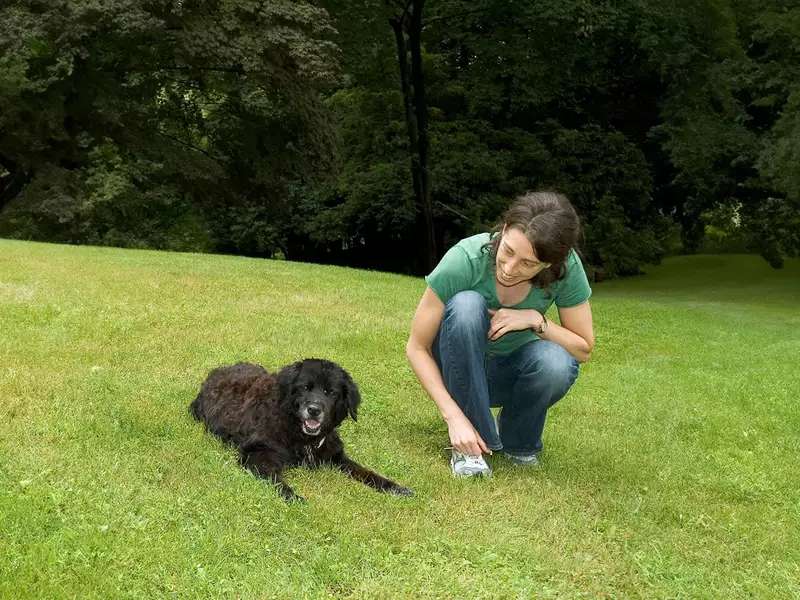
Barnard professor and canine cognitive scientist Alexandra Horowitz — an authority on how dogs perceive the world — shares her expertise, right on time for her new children’s book release and National Therapy Animal Day.

A brand new pilot program this spring ushers in a new phase of lifelong learning and community at the College.

Learn about alumnae and students — from the Class of 2014 to the Class of 2024 — who are working across disciplines to improve society with creativity and innovation.
